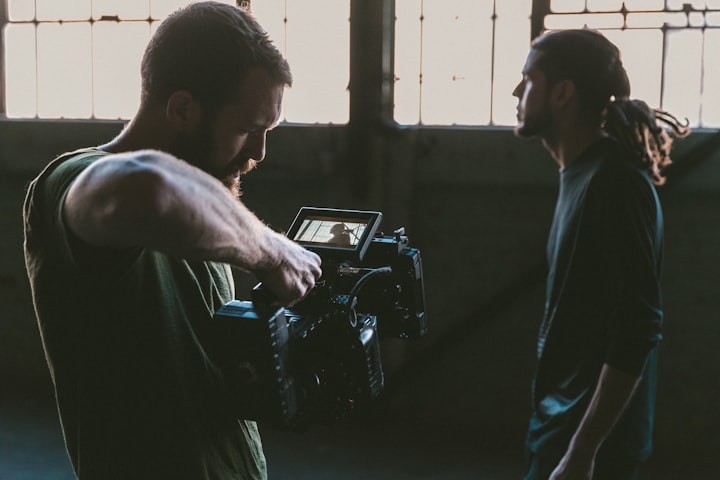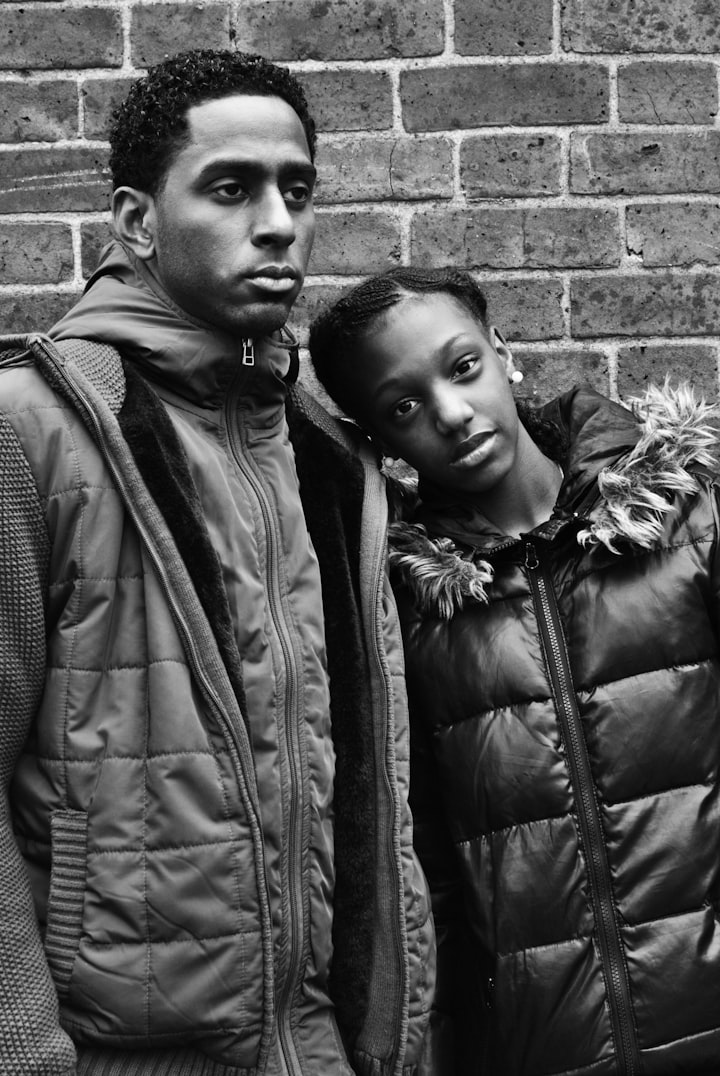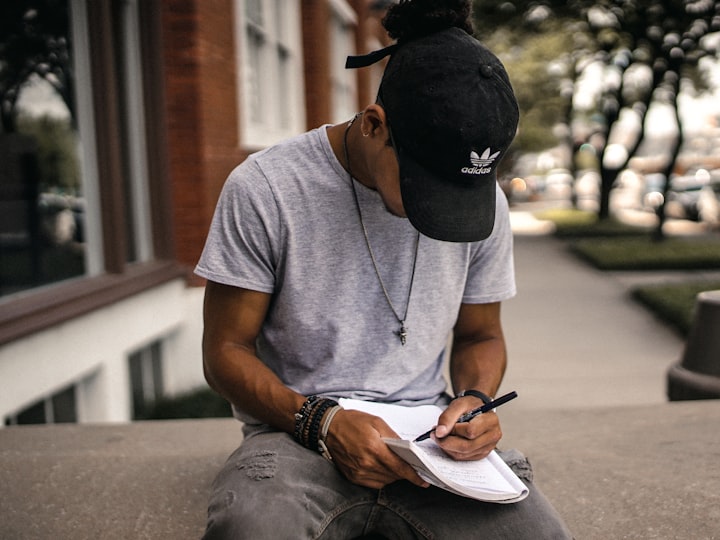5 Short Filmmaking Tips for the COVID era.
Don't allow the rona to hold you back.

Independent filmmakers are constantly faced with having to be flexible and adapt on the fly. As we enter the meat of this global pandemic you can add yet another obstacle to the list. But it doesn't have to be an obstacle because we consider those opportunities.
Having a closer connection to everyday people and overall society you are able to do what the big boys can not. Getting creative and innovative without the pressure of having to answer to corporations is one of your greatest strengths as an indie filmmaker. Although depending on the scale of your project you may have to be responsible for getting an ROI for investors, weather you're a freelancer or running a personal filmmaking business. Here's the thing most of us forget to realize...you don't always have to spend huge amounts of money to make a film.
Short or featured length film.
Don't get discouraged, let Corona work for you and go with it.
1. Shoot outdoors and utilize natural locations.

This can not be stressed enough. Majority of the times indie filmmakers are often distracted by looking at the plate of major Hollywood studios and the way they do things.
Keep doing that and your meal will get cold.
We get it, you want it to look like a "real" production. Bigs lights, gaffers, lots of extras. The thing with that is those resources cost money, most of the time lots of it! Here's a wakeup call for you, if you are actively shooting a project then guess what my friends? You are working on a real production.
Don't focus on the aesthetics of how a production looks and rather concentrate on telling a story. Everything doesn't have to be so prop like and set up with perfection. Shoot on the street, shoot near a body of water or even at a park. Along with social distancing this serves as an addition to your project as everyone can enjoy some fresh air.
2. Practicality is your friend.

Don't know how many times this needs to be addressed but you have a film camera in your damn pocket. With technology advancing at the rapid pace it's going you can get good quality from just about any smartphone. There are also multiple filmmaking apps you can invest in which aren't that expensive. If you feel the need to add more gear you can also find filmmaking tools for smartphones on Amazon.
Don't put too much stock into gear though. This can also become a distraction.
Write a story that you can shoot on a practical level. Shoot it in a way so that you create a helpful edit. If editing is not your best suit, search within your direct network of people or try to bring on an editor who's looking to grow their skills. If you have good editing skills that's even better.
This is another way to help your negotiating skills for future projects and business endeavors.
3. Keep it short.

Yet another obvious but necessary issue that needs to be discussed. A little over a decade ago short films were an average of about 40-45 minutes long. But times change. That worked for a different time, a different era. The height and prime of social media is here. Grabbing majority of everyone's attention and keeping it there.
This has impacted the way we consume content on a major level.
Filmmaking is an industry that is constantly changing and evolving in many ways. The main thing indie filmmakers should always be mindful of is how can you make the experience better for the viewer. We live in a day in age where the average human attention span is between 8-12 seconds. You have to grab them immediately and not let go. Your sweet spot for a short film in 2021 is 1-5 minutes so make it engaging as hell and leave them always wanting more. Think of your film as a glass of water and the audience has been walking for miles and miles in a hot dessert thirsty for a drink.
Shorter the better is the motto.
4. Be a minimalist.

Also the smaller the better.
That goes for cast and crew. If you can keep the talent down to one actor that's great! Also try to only use an essential crew which means a production assistant and someone who's basically a swiss army knife. They're good at cinematography, lighting, sound, etc. The more versatile and educated on the technical aspects of filmmaking the greater your outcome. More people on set means more people you need to keep focused, fed, and paid.
This is important because you always want to ensure some sort of compensation to your cast and crew. Try to at least cover their transportation, meal, and payment even if it's not that much. People will appreciate the effort and be willing to work with you in the future.
One last important thing is that every and anyone included in your project must be on the same page willing to serve the same goal. This is why things can get a bit out of hand on larger productions due to so many moving parts. When you can keep your eye on everything this will decrease a good amount of unneeded and unwanted stress.
5. More visuals, less dialogue.

If you happen to be one of those writer first type of filmmakers you may sometimes have a knack for getting high off your own supply. The witty dialogue, talking heads, and over pleasure of word porn. All of that can be fun to write but's never forget the some important rules of screenwriting and filmmaking.
Dialogue isn't there for the sake of sounding sexy. It serves a purpose. Underlining subtext used to move the story forward and reveal more about characters.
Filmmaking is a visual art form. Challenge yourself by telling a story with a picture first mentality. Move the camera and allow it to guide the audience through whatever journey you are taking them on.
Keep in mind and believe it or not, dialogue takes more time to shoot and get right or the way you desire. This can either work for you or against you depending of how well prepped your film will be. Time can be your ally or an enemy if you do not respect it.
Also audio is a major if not the most important component on a film project. It's the most unforgivable thing from a viewer if you audio isn't up to par.
Hopefully some of these tips can be of service to you on your filmmaking journey. The goal is to continue moving forward and never letting up. It can be a bumpy ass ride but you only fail when you quit. Every project is a lesson that builds you as a filmmaker, an added tool to your box, an additional weapon to your arsenal.
Enjoy a short horror film I wrote and directed below.
About the Creator
Ace Howell
The Pen.
A weapon for defense, a tool for building, or an instrument of destruction.






Comments
There are no comments for this story
Be the first to respond and start the conversation.